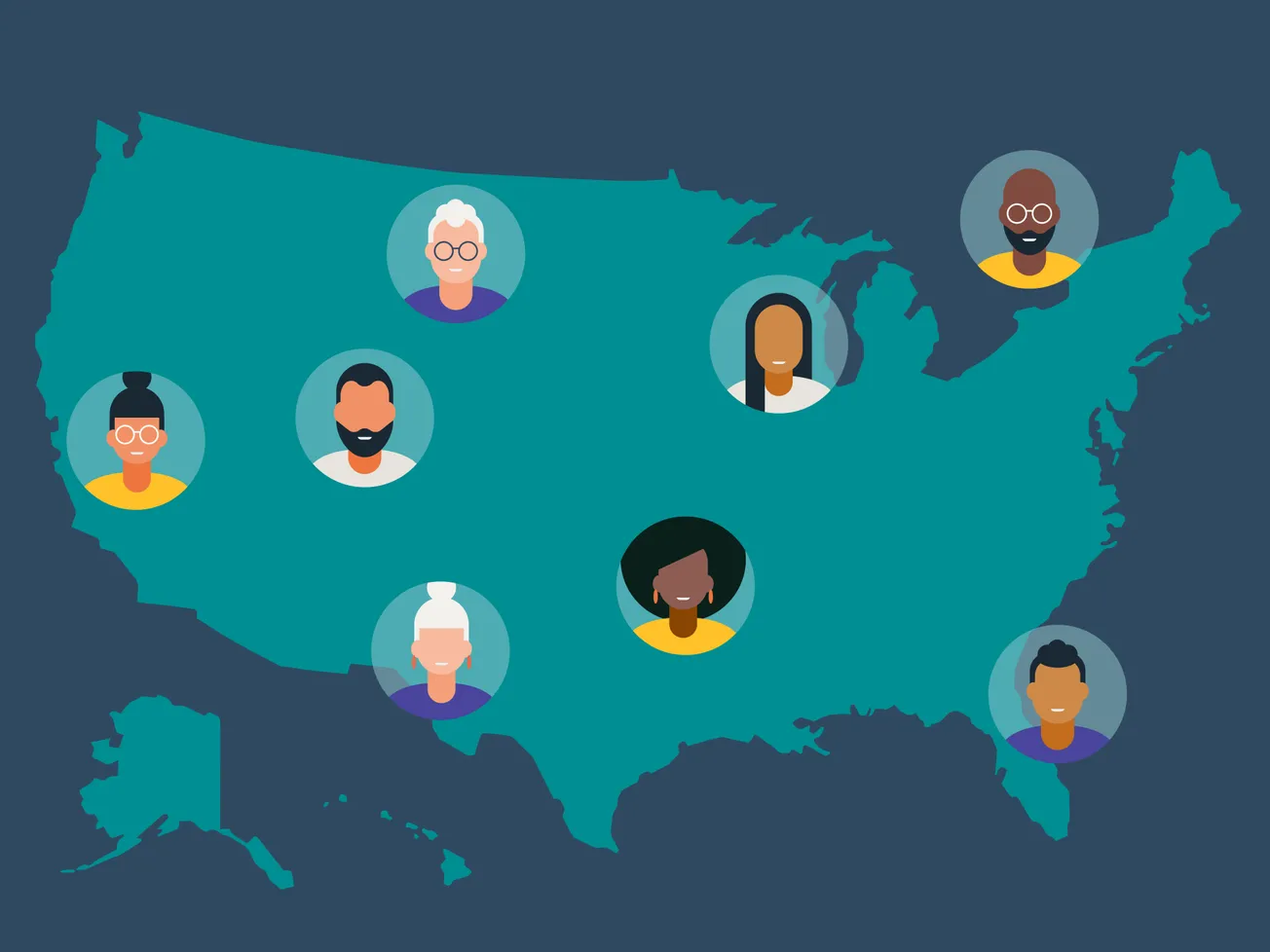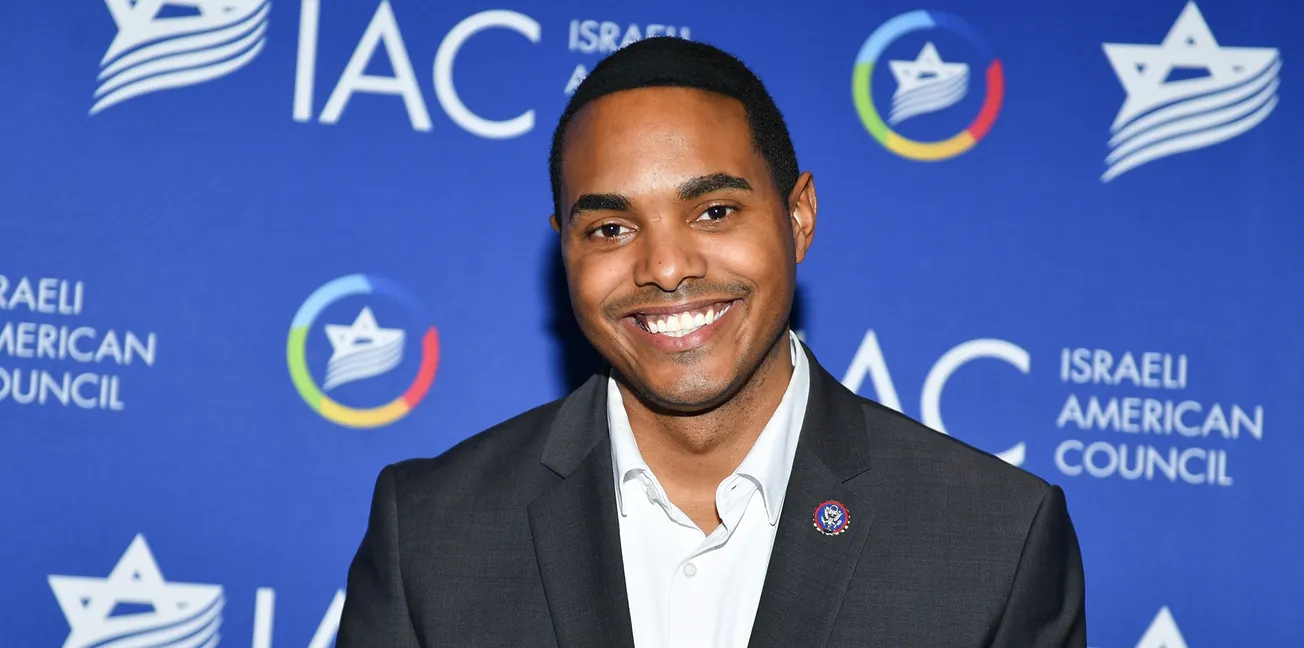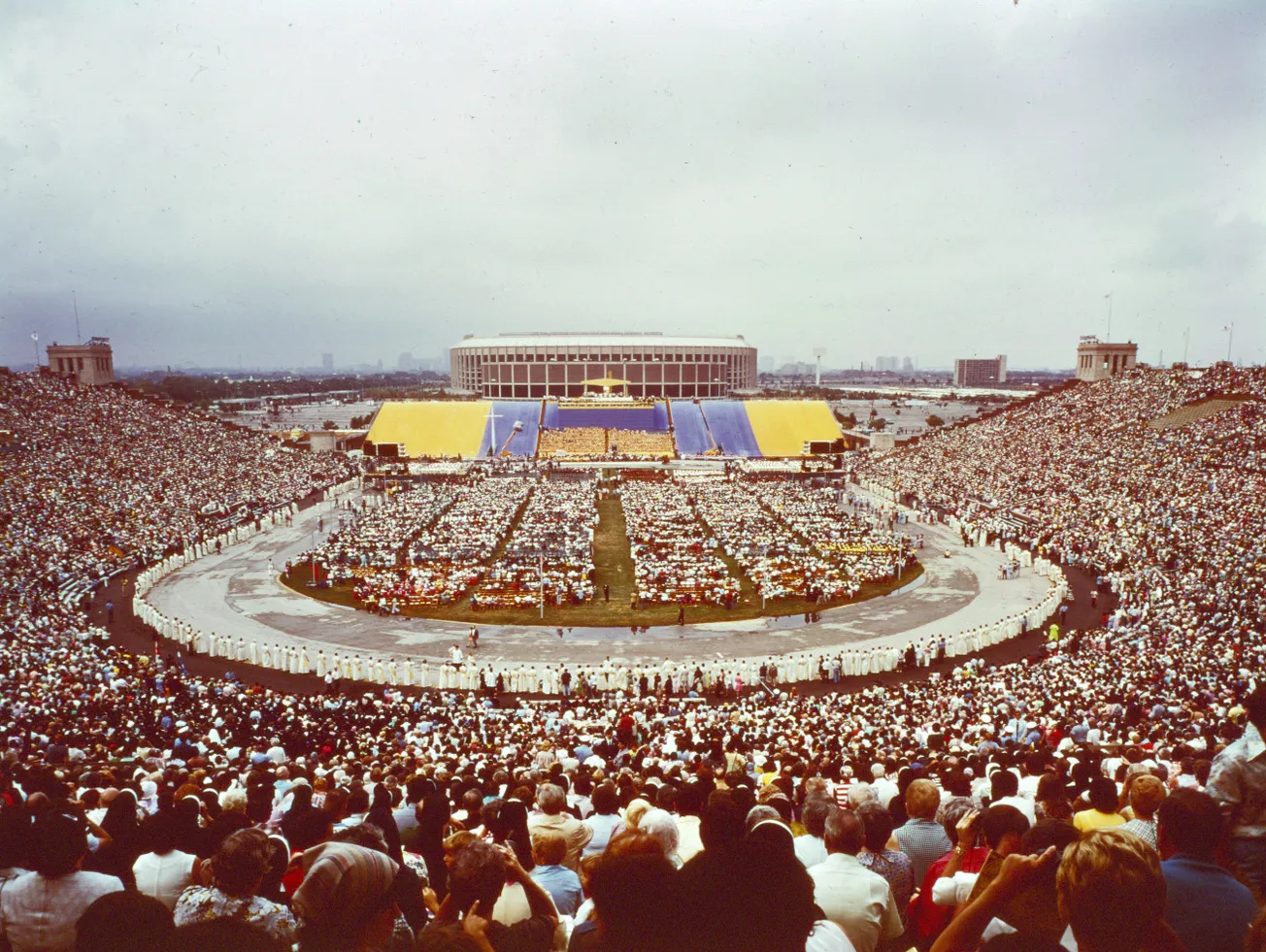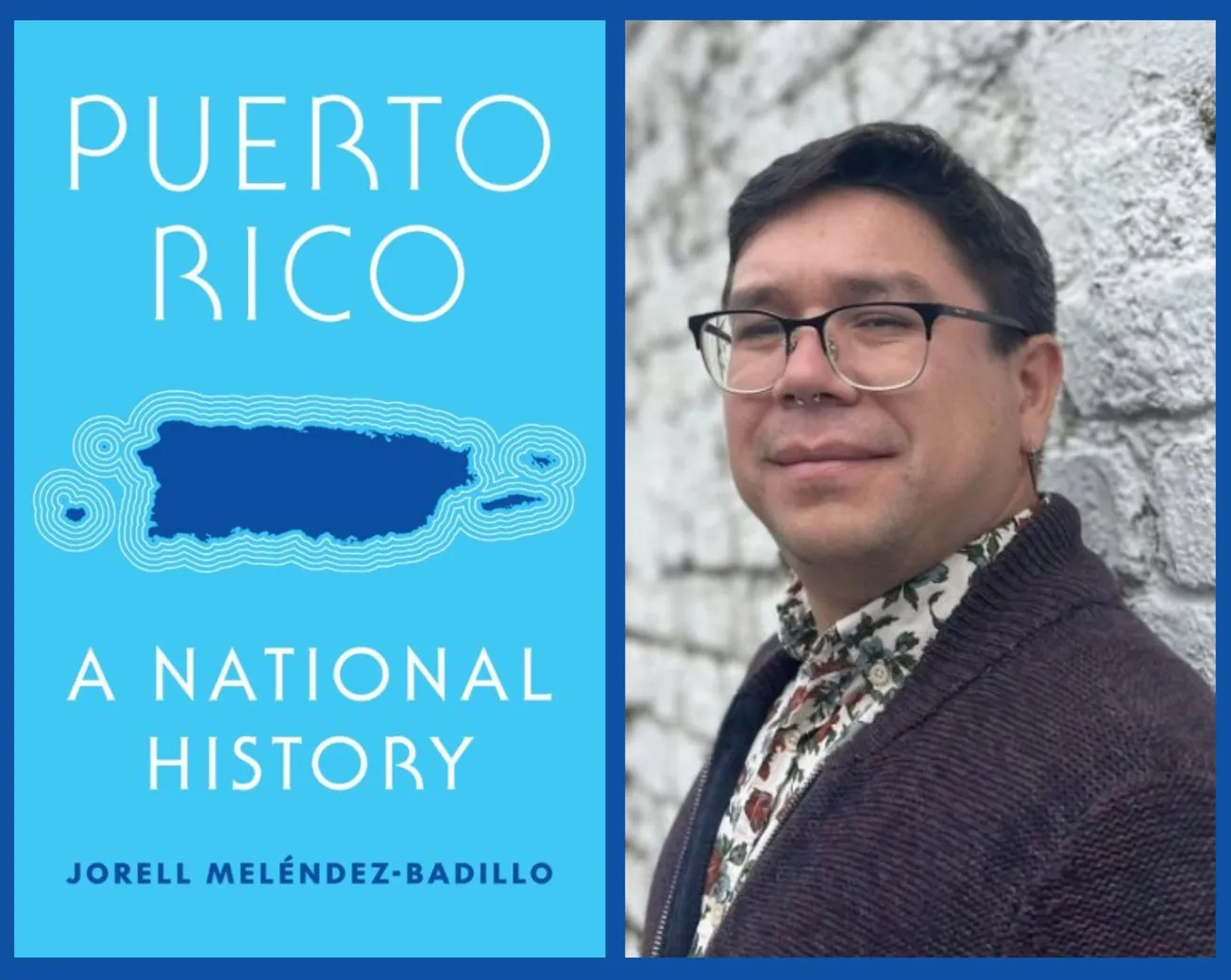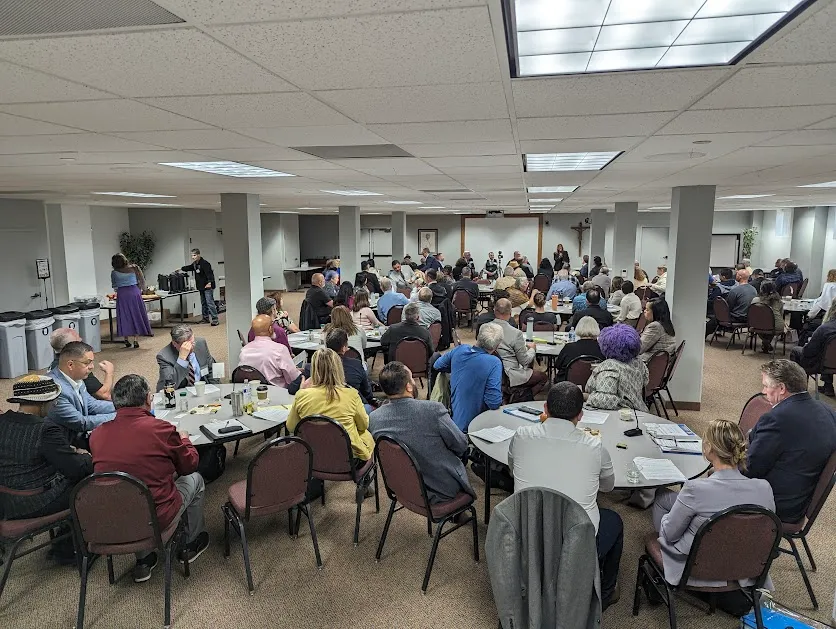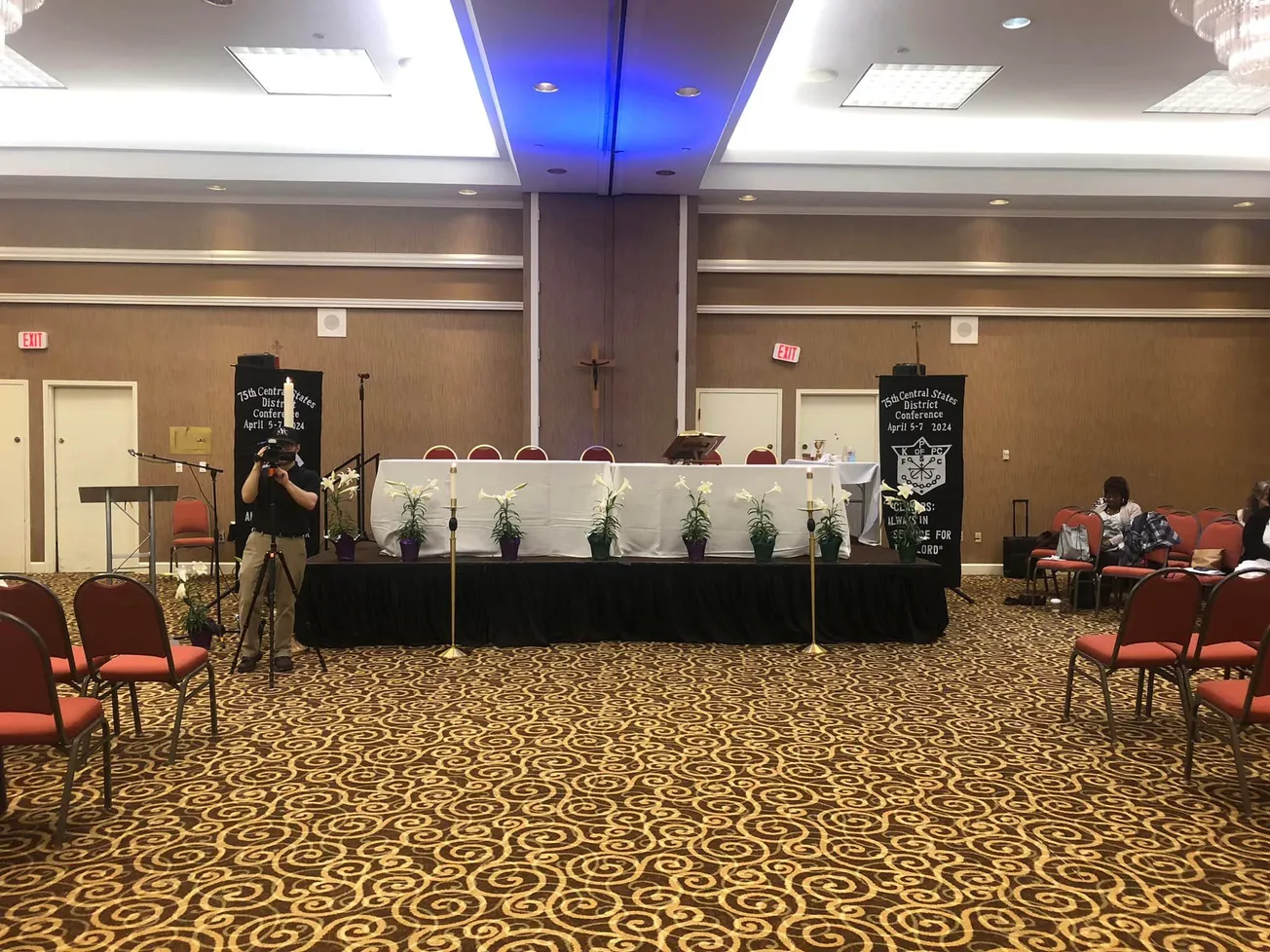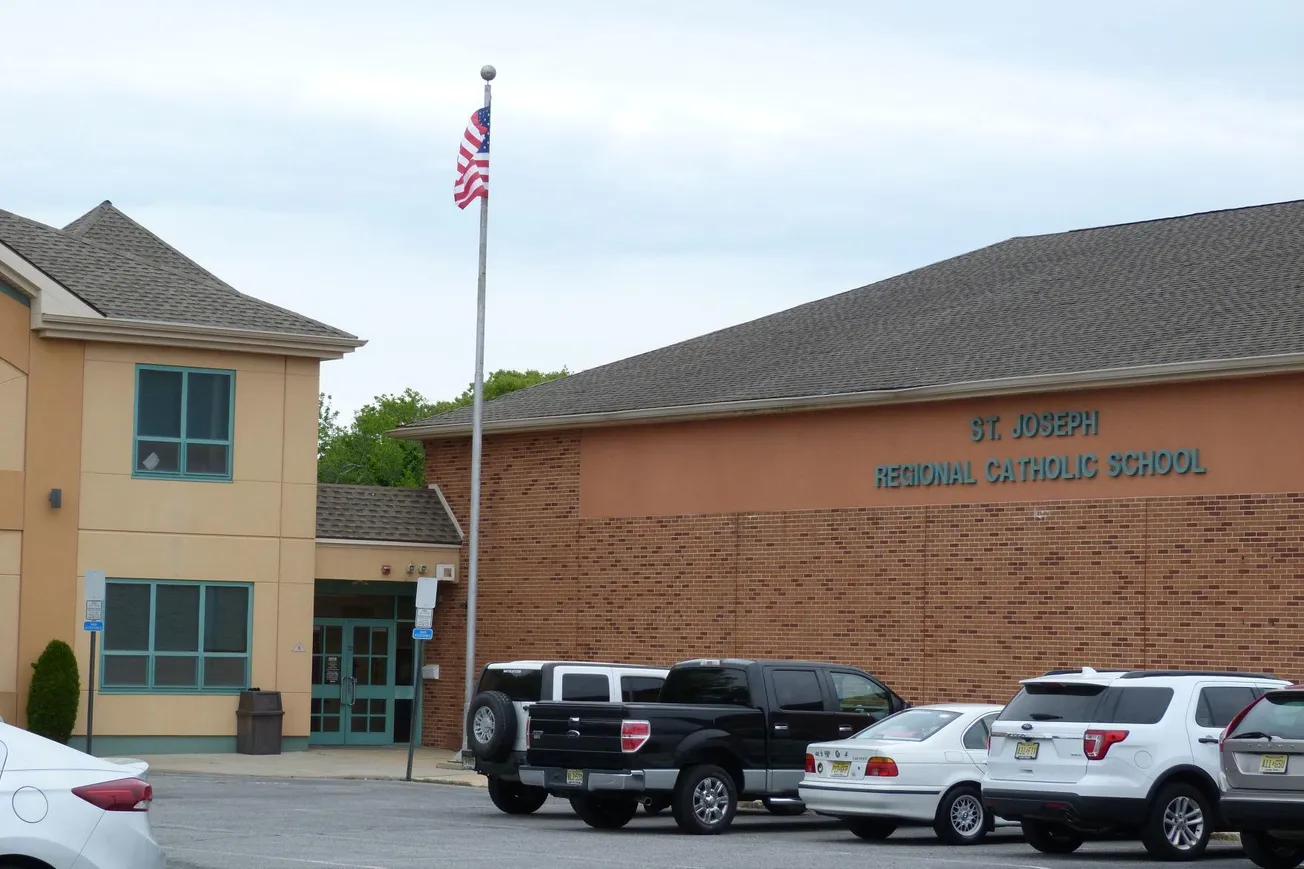Black organizations and politicians are speaking out on the controversial new changes to the U.S. Census announced by the Biden administration in March,. They are the first updates to the federal government's “Standards for Maintaining, Collecting, and Presenting Federal Data on Race and Ethnicity” since 1997 and—among other issues—are said by critics to conflate race with ethnicity.
U.S. Reps. Adriano Espaillat and Ritchie Torres, both of New York, released a joint statement on April 2 commending the Office of Management and Budget (OMB) for its work but criticizing the lack of options to identify as a Latino of African descent.
“While we appreciate the Biden Administration’s efforts to improve diversity and inclusion in the Census, more research and stakeholder engagement are needed, especially regarding selecting multiple categories for Afro-Latinos,” Torres said.
“Considering the growing diversity around the nation, particularly among Afro-Latinos, Black immigrants, and in multiracial populations, this is crucial for how we are counted and how our communities are funded,” added Espaillat.
While we appreciate the @OMBPress's effort to increase diversity and inclusion with the expanded @uscensusbureau categories for race and ethnicity, it's crucial to do more research and engage with stakeholders to ensure fair representation of Afro-Latinos under the new standards. pic.twitter.com/EJboVtp2cq
— Adriano Espaillat (@RepEspaillat) April 2, 2024
The new changes, published on March 28 and scheduled to go into effect for the next census in 2030, were the result of more than a year of research and public input with the OMB, which handles federal initiatives across various agencies at the behest of the president. In June 2023, the office published an explainer of their work to that point, noting shifting perspectives on the issues of race and ethnicity.
“In our diverse society, a growing number of people find the current race and ethnic categories confusing, or they wish to see their own specific group reflected on the census questionnaire,” they wrote.
Among those groups were Latinos, who as of the 2020 census did not have a separate checkbox, and people of Middle Eastern or North African descent. Other groups, such as Afro-Caribbeans, did not uniformly identify with the available checkbox for “Black or African American.”
These groups and others submitted public comments to the OMB with their concerns, as did many African Americans, who to date have not been able to indicate on the census whether they are descendants of enslaved Black Americans.
Going forward, the census will include “Middle Eastern or North African” and “Hispanic or Latino” as standalone categories. There are no major changes to the indicator for “Black or African American,” though it—like the other racial categories—will have sub-indicators for the six largest groups therein, such as “African American” or “Jamaican.” (It is not entirely clear, however, what the former is meant to denote.)
Critics of the new guidelines, including some Afro-Latinos, say the codification of “Hispanic or Latino” as a racial category is problematic, given the previous option of selecting one’s race (White, Black, Asian, etc.) and also one’s identification as Latino/Hispanic in a separate, non-racial section.
The AfroLatino Coalition, which works to advocate for the concerns of the global Afro-Latino community, called the changes from the OMB “problematic.”
“By listing Latino ethnicity as co-equal with racial categories, Latinos are inaccurately portrayed as a population without racial differences despite all the research showing how Black Latinos are treated differently from other Latinos,” they said.
“Separating ethnicity from race is essential for making visible the actual and intersectional racial disparities that exist within a racially diverse ethnic group like Latinos in access to important public goods such as access to education, employment, housing, medical services, etc. Without it, systemic racism, especially when discussing Latino populations, is rendered invisible.”
Others, such the American Descendants of Slavery (ADOS) organization, have also criticized the new OMB announcement, given its refusal to make any immediate move on the issue of Black Americans descended from U.S. slavery.
Members of the group, led by Yvette Carnell and Antonio “Tone” Moore, were among the most prominent voices in public meetings and other initiatives meant to draw individual input on how the OMB should adjust the upcoming census. The ADOS focus, as stated on their website, “prioritizes reparations for descendants of chattel slavery in the United States.”
As yet, the federal government does not collect census data on this demographic.
“[We] are deeply disappointed with the OMB’s Notice of Decision. In it, the OMB agreed to require the disaggregation of data on other groups. Yet, the Bureau has called for “more study” on whether ADOS have the right to see their collectively tumultuous lived experience belied by the data,” the ADOS Advocacy Foundation said.
“We recommended that the OMB disaggregate the category of ‘Black’ and introduce a new ethnic designation—‘American Descendant of Slavery,’ or ‘ADOS’—to refer to and distinguish the descendants of chattel slavery in America from Black people whose families came to the U.S. via immigration.”
Today's OMB decision is disappointing.
— ADOS Advocacy Foundation (@ADOSorg) March 28, 2024
While other groups' data will be disaggregated moving forward, the Bureau called for "more study” on whether ADOS have that same right to see our unique lived experience borne out in detail.
Read our statement:https://t.co/ialqXaUvso pic.twitter.com/XwWwiWhAAy
Others have praised the OMB’s new changes, including Kamilah Moore, an attorney and former aspiring politician. Notably, she has worked against the ADOS movement in the ongoing debate over state-level reparations for Black Americans in California.
“Treating terms like ADOS or American Freedmen as race/ethnicity, rather than the political statuses they attempt to denote, could have hindered reparations efforts—especially considering OMB's longstanding rule against using race/ethnic data for federal program eligibility, including federal reparations,” Moore said on social media.
The OMB, in a full-scale report on the data collected for the new changes, said that a majority of respondents supported adding a census category for Americans descended from U.S. slavery. However, the office ultimately demurred on the issue due to contrary guidance from “civil rights groups,” with the OMB concluding that “further research is needed.”
One example was the National Urban League and the National Coalition on Black Civic Participation, who in a joint letter to the OMB last year cautioned against consultation with Black organizations not seen as “trusted and reputable.”
“This matter and related others are a signal that OMB and Census Bureau must engage in consistent meetings and communication with African diasporic organizations, like the National Urban League and National Coalition on Black Civic Participation, to ensure they are meaningfully consulted throughout the process,” they wrote.
“We urge that any and all data collection practices on race and ethnicity should not harm or diminish the accurate counting of Black/African Americans or the African diaspora in the U.S.”
Nate Tinner-Williams is co-founder and editor of Black Catholic Messenger.


